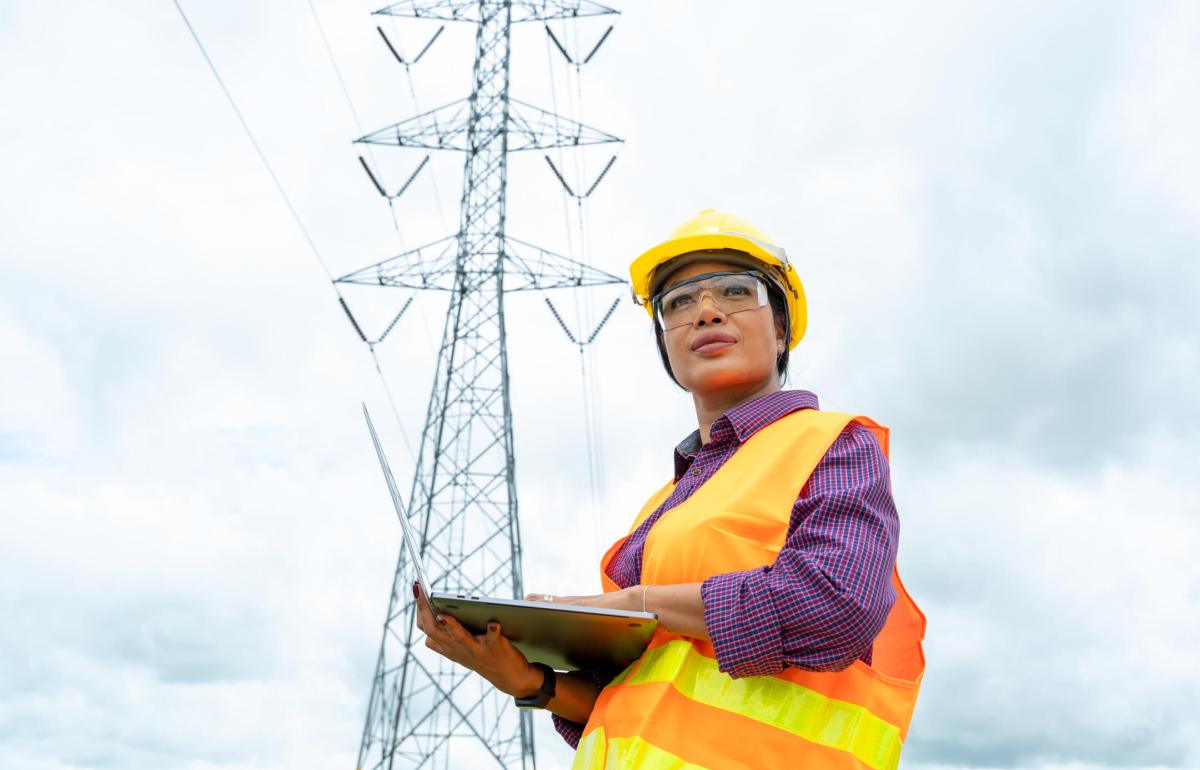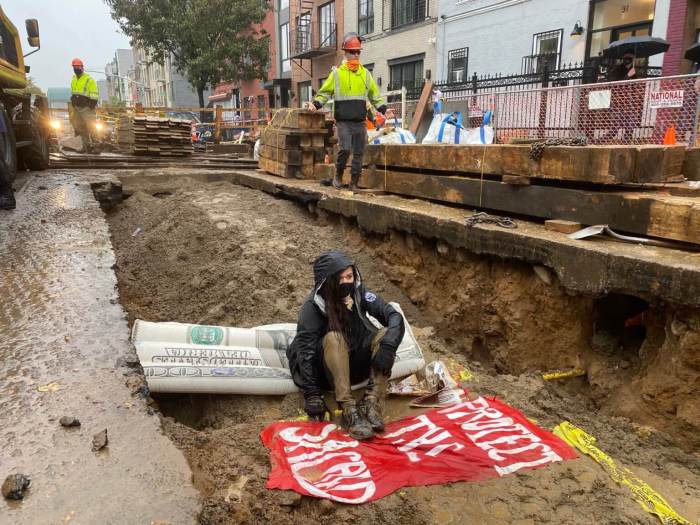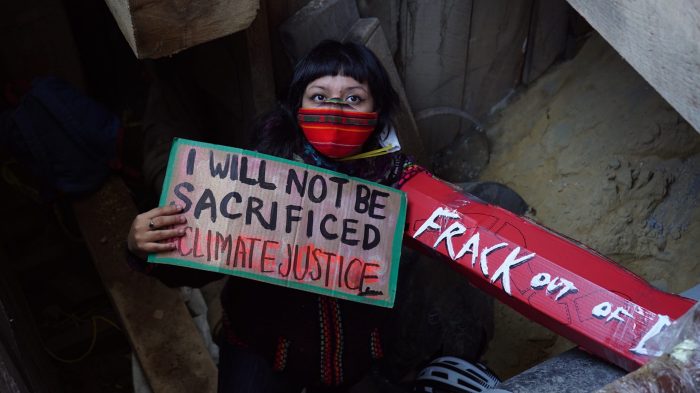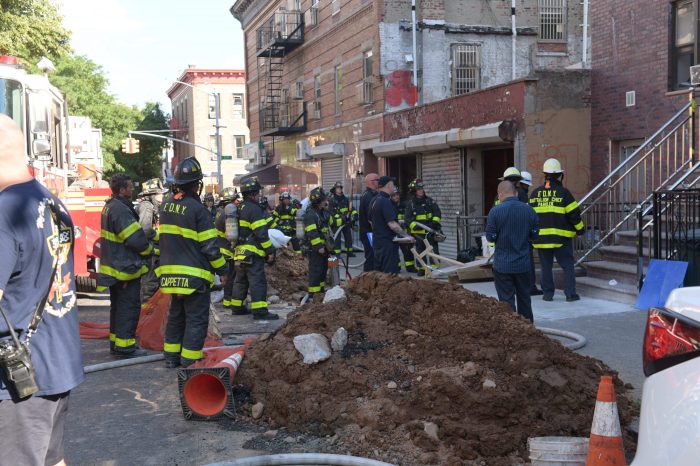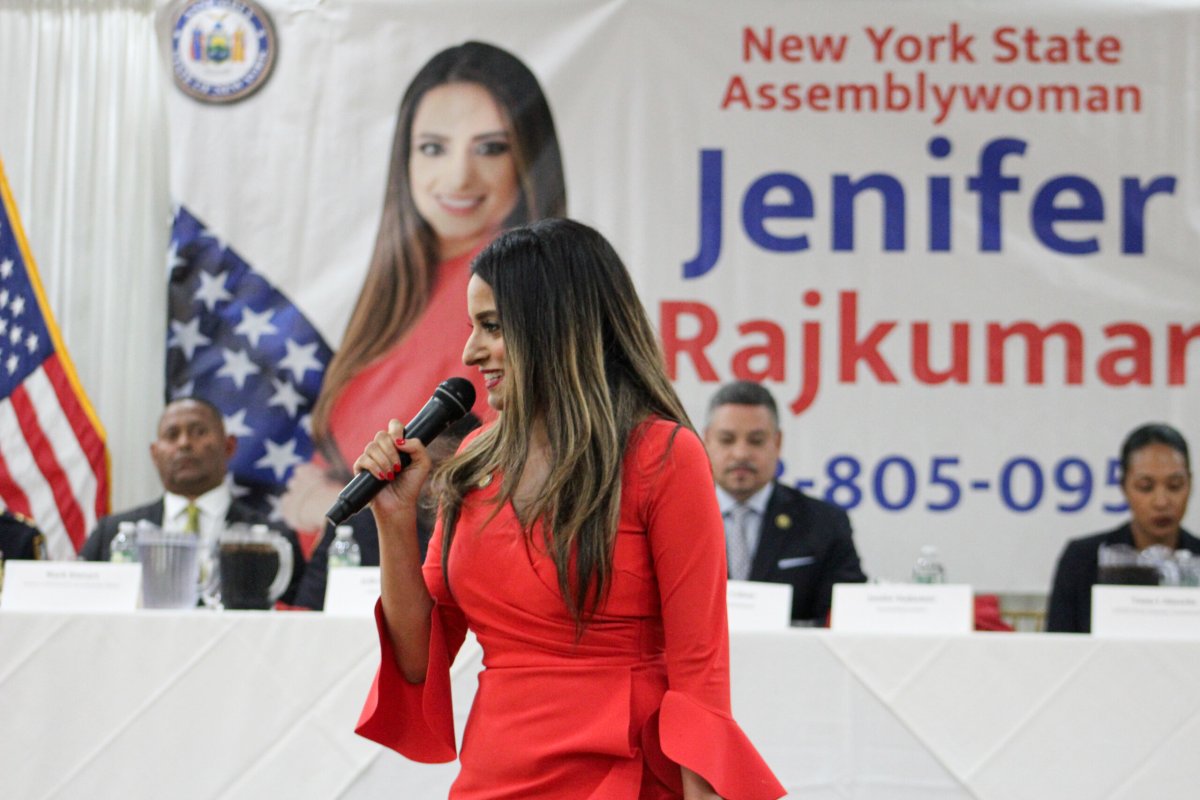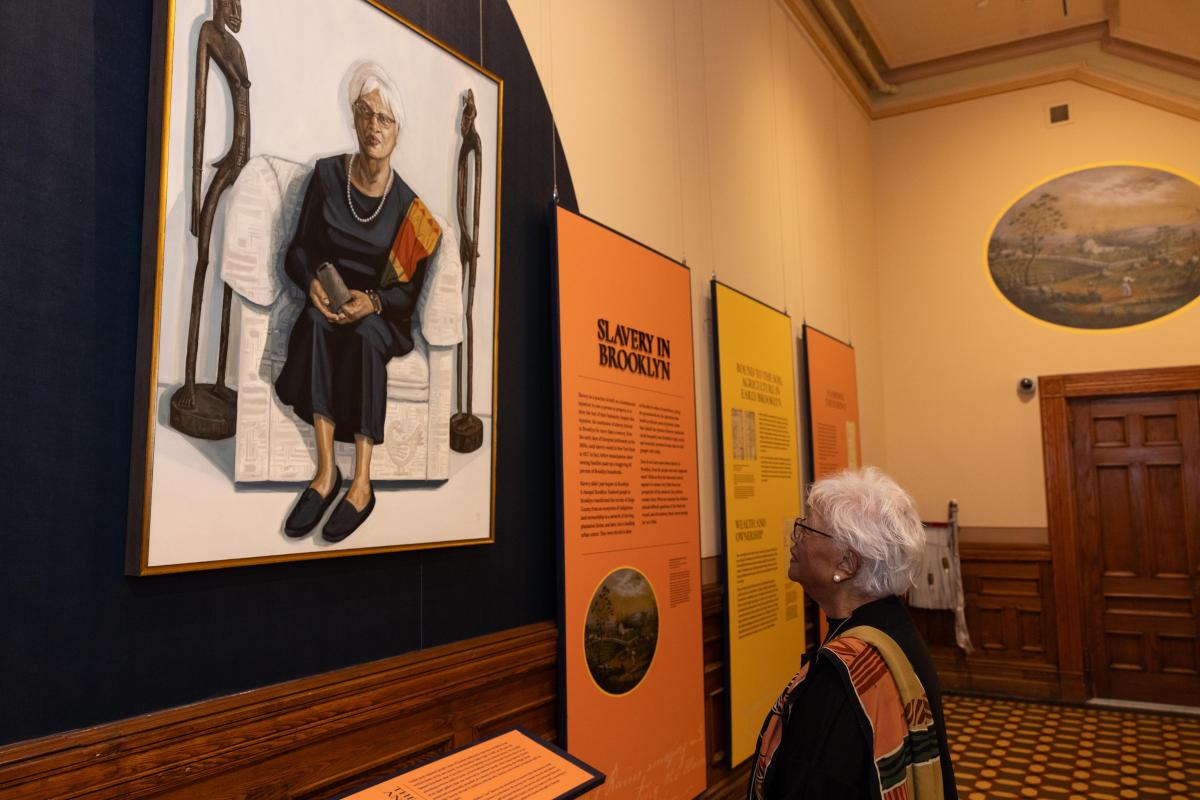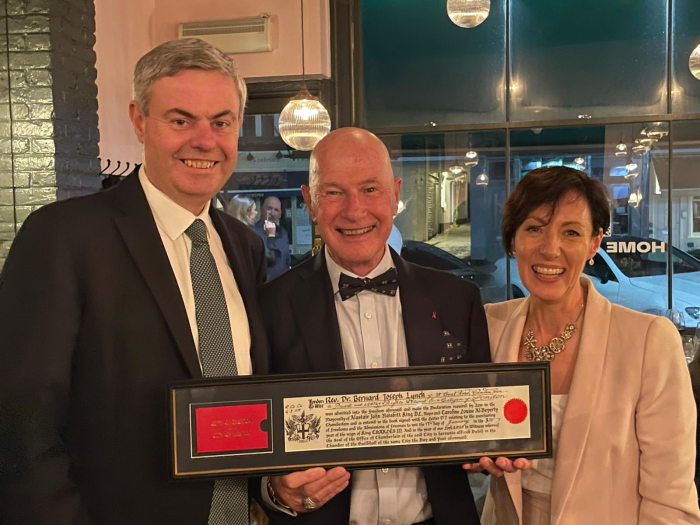For years the State of New York has constrained natural gas supply to the City of New York under the misguided belief that the state’s nation-leading climate law, the Climate Leadership and Community Protection Act, CLCPA for short, required it. Advocates in 2019 opposed a new interstate pipeline that would have allowed for ample supply to New York City and Long Island. As a result, and to meet the needs of customers, members of TWU members answered the call and helped build a number of smaller infrastructure and non-infrastructure solutions, referred to as the “Distributed Infrastructure Solution,” that addresses supply constraints in downstate New York. However, these solutions have faced their own permitting challenges, even though they were required to address the supply-demand gap that was created when the pipeline solution fell out of political favor and failed to receive the approvals necessary to build it.
One component of the Distributed Infrastructure Solution is National Grid’s air permit for its new vaporizers at the Greenpoint Energy Center is pending a decision by the New York State Department of Environmental Conservation.
The vaporizers are operated infrequently but are critical to the overall gas supply in the City, in fact, each of the last two winters the units operated for only two days. New, more efficient vaporizers would result in a decrease of the natural gas consumption from the facility’s current vaporizers and the new permit will be a downgrade from the current permit to roughly half of emissions that are allowed under the existing permit at that site.
The vaporizers are effectively a non-pipes solution that allows National Grid to serve peak demand without adding additional pipeline capacity or other less favored options, while at the same time pursuing a series of programs/projects in furtherance of net zero goals – and they enable to good paying union jobs of our members.
The New York State Public Service Commission noted the units would create “global warming potential savings” compared to meeting customer demand solely through reliance on additional pipeline capacity, and also found the vaporizers and other projects would not disproportionally impact disadvantaged communities.
National Grid and the NY Department of Public Service (DPS) Staff even engaged a consultant, PA Consulting, to conduct an independent review of National Grid’s plan. PA Consulting’s assessment corroborates National Grid’s gas constraint challenge; validates the need for additional capacity to service customers; and views the Distributed Infrastructure Solution as a “reasonable” solution, while acknowledging the risks to delivery (e.g., permitting, scaling up demand-side solutions quickly enough).
New Yorkers need DEC to approve these permits now to ensure people in NYC can safely and reliably heat their homes which has been vetted by independent reviews, the Public Service Commission and will not use more gas. Additionally, the effective technology will result in FEWER EMISSIONS. The deadline is fast approaching on May 6th. We don’t know why this is controversial.
Brooklyn, Queens. Burning Bright.
Constance Bradley is President of TWU Local 101 in Brooklyn. Members of TWU Local 101 work every day to ensure the safe and efficient delivery of natural gas in New York City.



